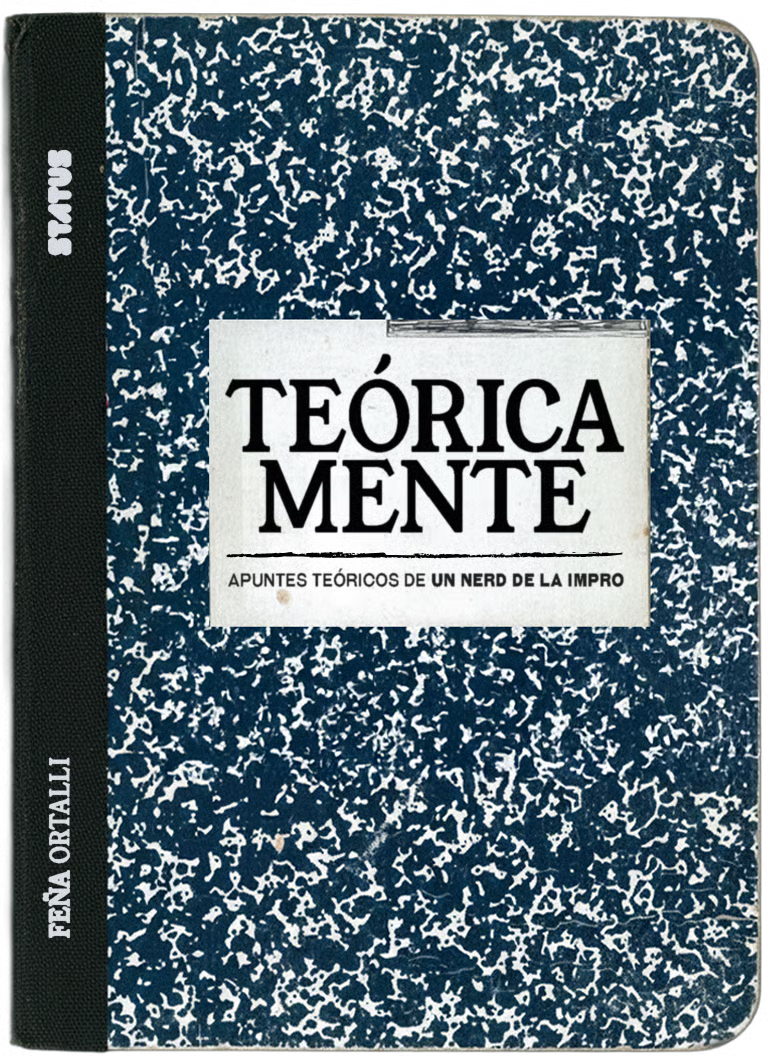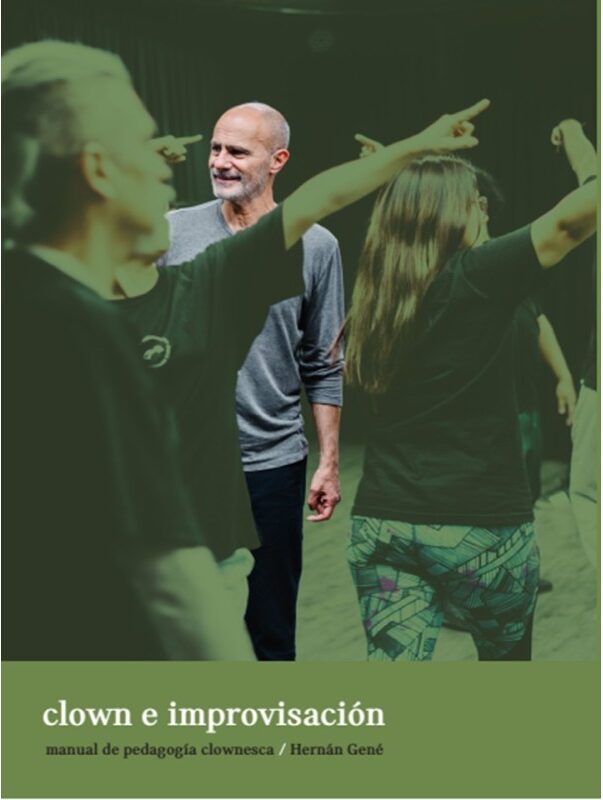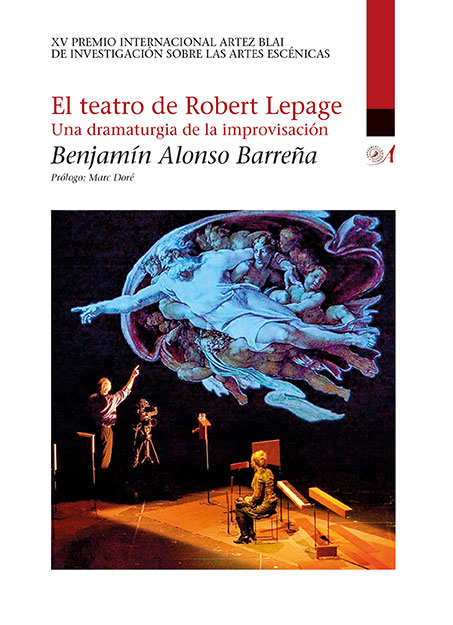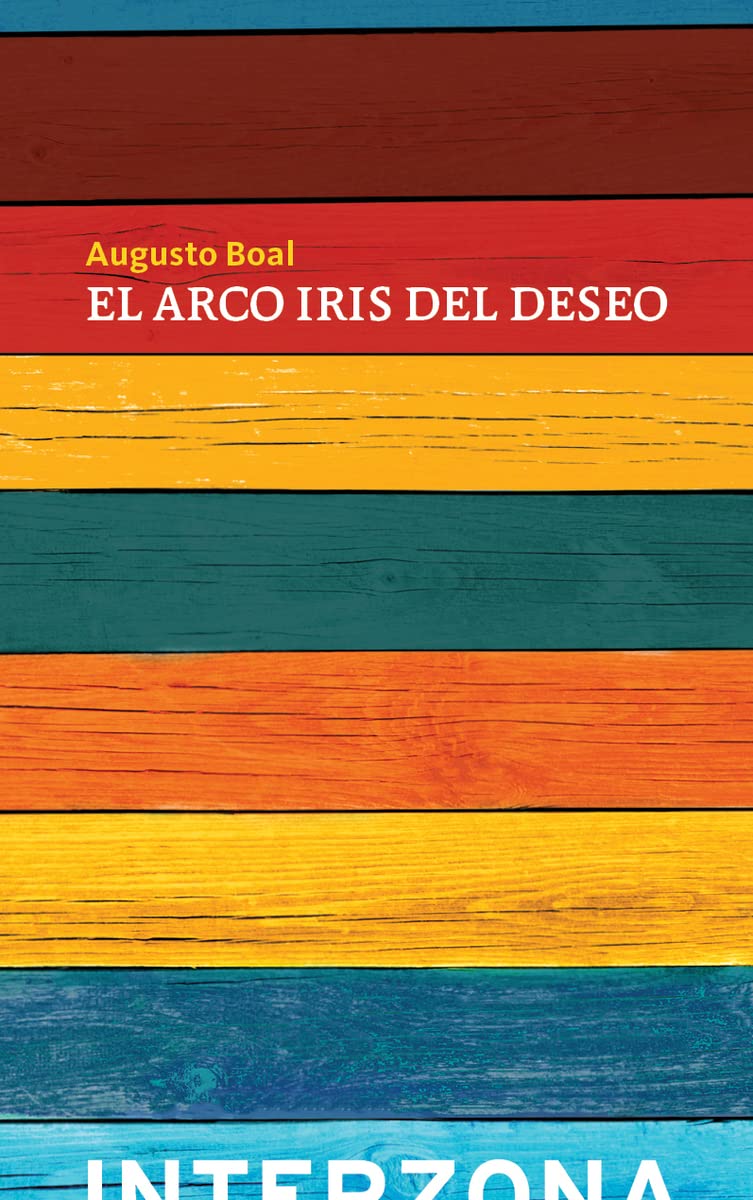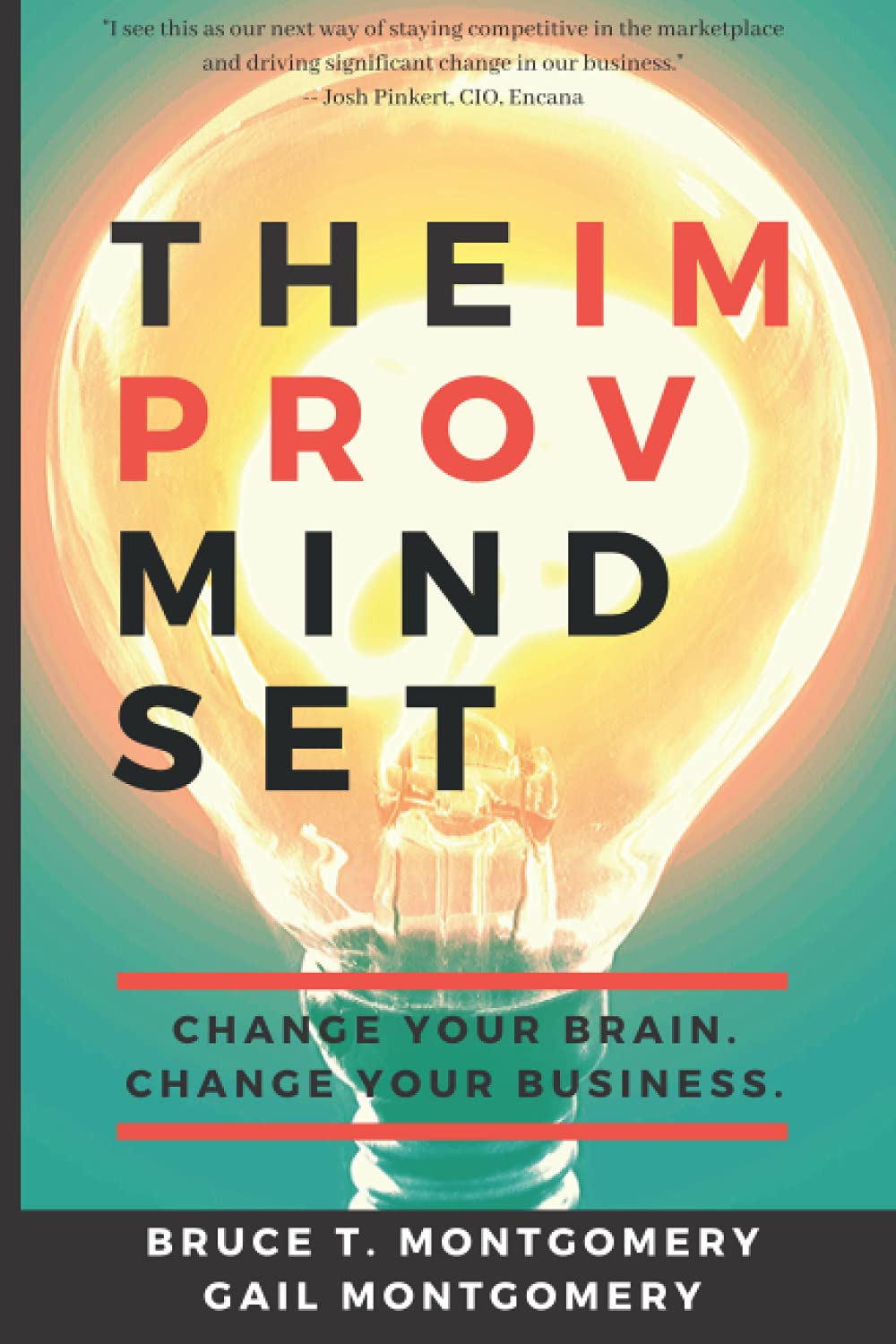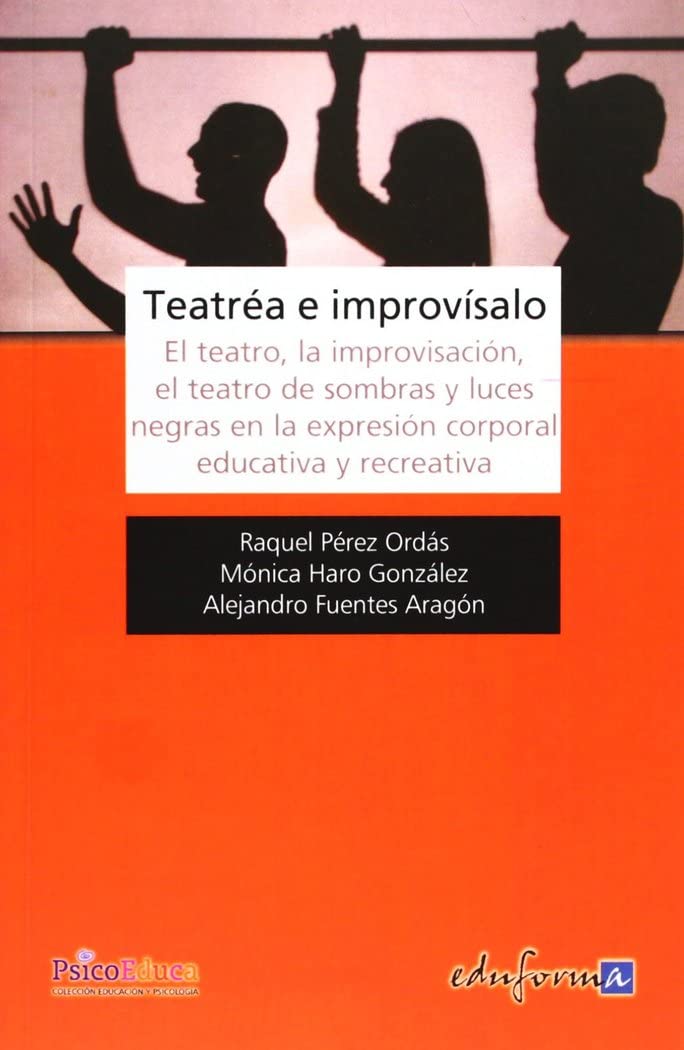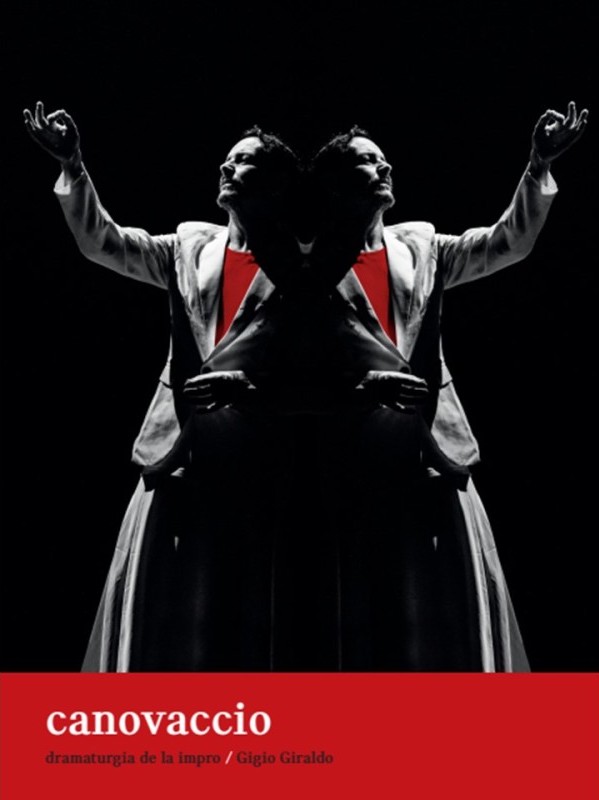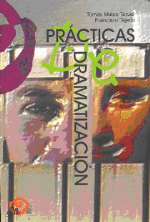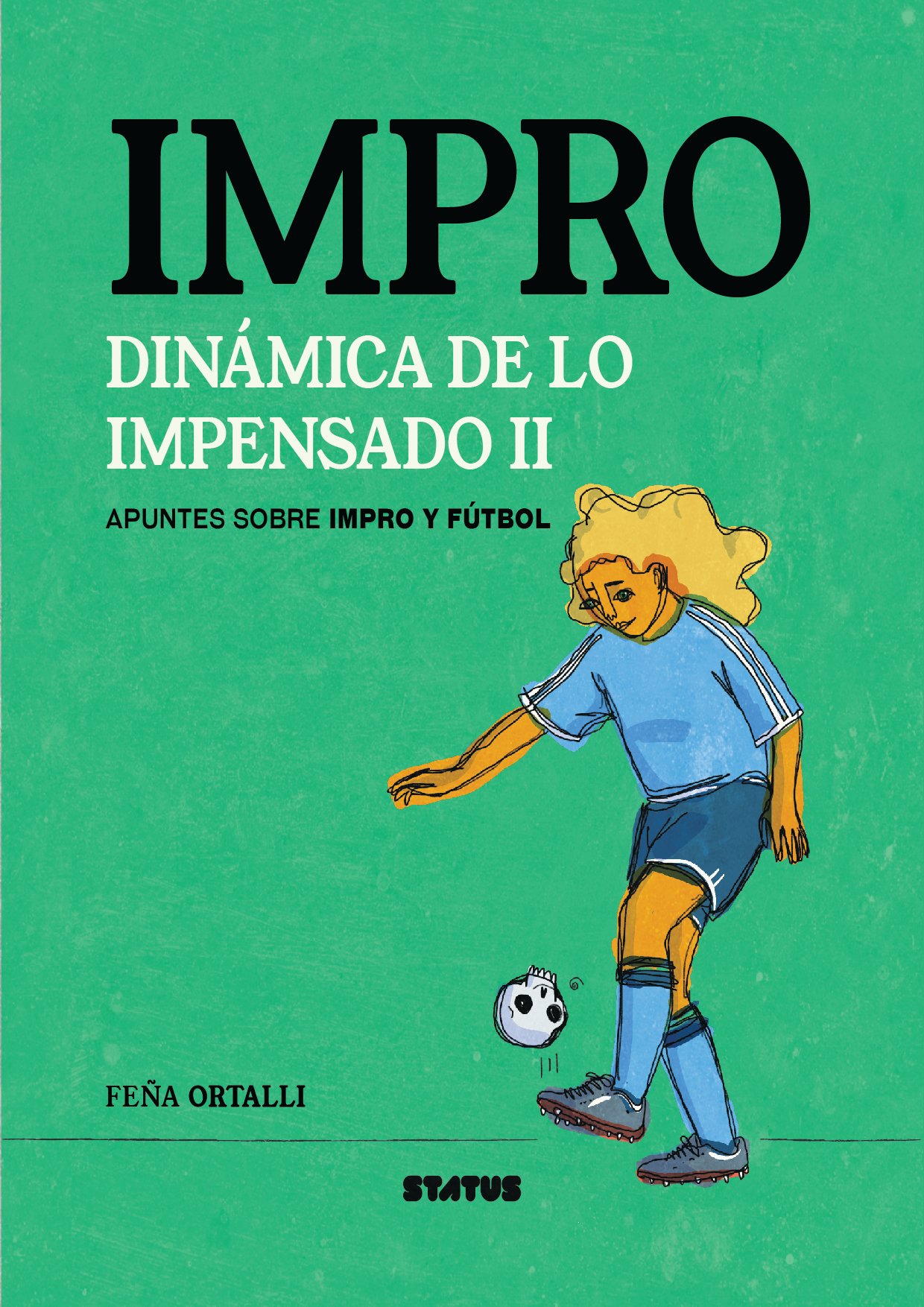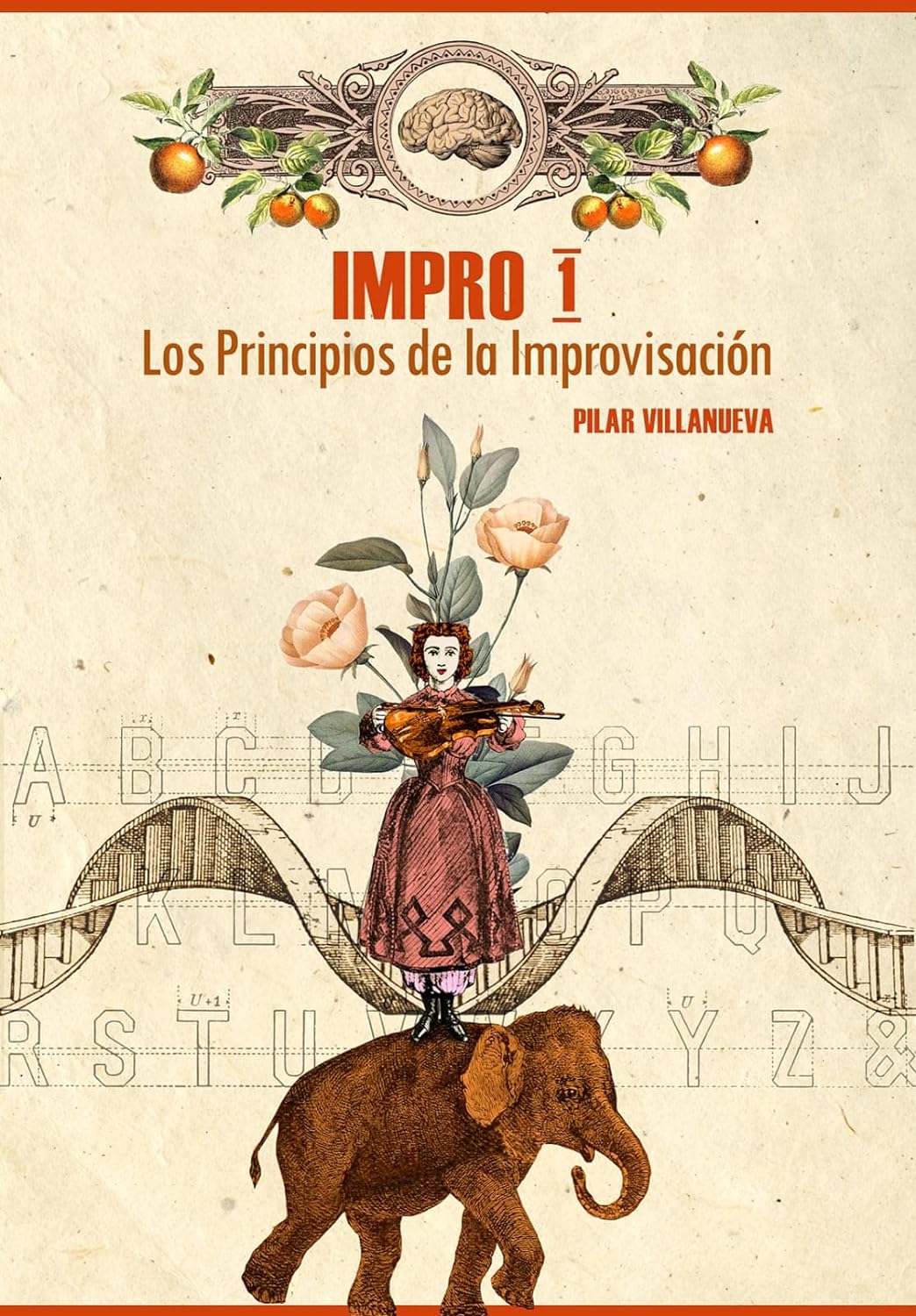New book by Feña Ortalli. And no, this time is not about football. 190 pages of technical and theoretical exploration of different concepts in improvised theatre.
spanish
Dejo en manos de los lectores y lectoras todo de lo que aprendí durante cuarenta años de docencia dando talleres de clown y de teatro físico. Aquí están mis reflexiones sobre el arte de enseñar, mis métodos y, muy especialmente, todos los ejercicios que utilicé a lo largo de mi vida como maestro de payasos. No me he guardado nada. Este es un libro sobre el uso de la improvisación en los procesos de enseñanza del clown, en la pedagogía aplicada a la formación de intérpretes que quieran dedicarse al clown. También es una suerte de testamento. En paralelo a mi vida en los escenarios, desarrollé mi faceta de pedagogo. Fue un lento y prolongado proceso el que me llevó a crear mi propio lenguaje y estilo de enseñar. Como docente, busqué formar actores y actrices completos, capaces de revolucionar el mundo del teatro cuando menos lo esperamos. Me esforcé siempre por ampliar los horizontes para que así otros puedan llegar más lejos. El clown es un escalón más en esa ambiciosa formación. Hace ya más de cincuenta años que me dedico al teatro. Llevaba en él más de diez cuando descubrí el mundo del clown. Viví ese encuentro como…
El teatro de Robert Lepage. Una dramaturgia de la improvisación “Robert Lepage fue mi alumno en el Conservatorio de Arte Dramático. Era una esponja, lo absorbía todo en las clases y lo reutilizaba después en nuestros talleres libres, unas veladas mensuales en las que los alumnos presentaban escenas o números propios. No se perdía ninguna clase y siempre nos sorprendía con la originalidad y elegancia, por no decir el estilo, de sus intervenciones. Yo no podía adivinar en lo que se convertiría más adelante, pero detecté muy pronto que era un creador. Apoyándose en sus puntos fuertes y reconociendo sus debilidades, se reinventó a sí mismo por medio de un teatro en el que podía crecer y aportar nuevo material.”
Rainbow of Desire is a handbook of exercises with a difference. It is Augusto Boal’s bold and brilliant statement about the therapeutic ability of theatre to liberate individuals and change lives. Now translated into English and comprehensively updated from the French, Rainbow of Desire sets out the techniques which help us `see’ for the first time the oppressions we have internalised.Boal, a Brazilian theatre director, writer and politician, has been confronting oppression in various forms for over thirty years. His belief that theatre is a means to create the future has inspired hundreds of groups all over the world to use his techniques in a multitude of settings. This, his latest work, includes such exercises as:* The Cops in the Head and their anti-bodies* The screen image* The image of the future we are afraid of* Image and counter-image….and many more.Rainbow of Desire will make fascinating reading for those already familiar with Boal’s work and is also completely accessible
Some content previously published as Brain Disruption by Bruce & Gail Montgomery. Looking for new ideas? Need your teams to perform at a higher level? Want a healthy corporate culture? Follow along with these two dynamic authors as they take you through The Improv Mindset, one of the most engaging and powerful methods to getting individuals, teams, and organizations to step up, engage, and solve problems. Steeped in the world of improv comedy, this no-nonsense guide provides a window into the neuroscience behind creativity and new ways of thinking. Filled with exercises and activities, you’ll be able immediately apply the lessons in this book.
Teatréa e improvísalo: El teatro, la improvisación, el teatro de sombras y luces negras en la expresión corporal educativa y recreativa Body language is about looking in the mirror every day and smiling (or crying), it’s about being free every day to express what’s inside. This book is for: …to all of them, we encourage you to search. To see other perspectives.
At some point in our lives, we have all experienced the intense curiosity to discover the inner workings of the toy we love, that toy that brings us pleasure, that ignites in us the passion to keep playing. Why is it the way it is? Why does it move the way it does? What makes it so fun? How does its soul work? Canovaccio, dramaturgia de la impro is a journey into the heart of the challenging toy that is theatrical improvisation, an invitation to be surprised as we dissect its body, as we expose its skeletal structure to those who practice it and those who have enjoyed it as an audience, in search of answers that allow us to understand its inner workings. More than twenty years of the author’s theoretical and practical research underpin this unique journey in search of the rules that govern this unpredictable sea of improvised dramatic structure, finding answers to many questions and provoking many others, not with the aim of controlling it—it would be impossible to master what is by nature untamable—but rather to learn to swim in it. Drawing on historical research and the author’s practical experience, this book reflects on and…
A solid theoretical basis, tested in the daily practice of its authors and the groups to which they belong. A clear, structured and defined system for use by both experienced and novice people.
Because a football match always has two halves. Status Ediciones is happy to announce that the second part of the book Impro: Dynamics of the Unexpected, by Feña Ortalli is ready! The book features even more similarities between football and impro, personal anecdotes and technical points of view from the author. Web
This text explores the principles that govern the operation of the theatrical improvisation technique, beginning by framing it within the specialties of acting. The purpose of this book is to make accessible to anyone who wants to become familiar with the technique, some of the bases to start improvising. Masterfully written by Pilar Villanueva (ENAT / INBA and Faculty of Philosophy and Letters, UNAM), who has dedicated her life, among other things, to the in-depth study of theatrical improvisation, dramatic theory and research on styles in acting and improvisation. PILAR VILLANUEVAActress. She doesn’t know how to do much else. However, she has taught for twenty years because she is absolutely passionate about studying and it is well known that students are great teachers. She does improvisation theater for a long time. She has even directed some shows. Thus she has been able to get to know other countries, doing Impro in very diverse formats and giving workshops. In “Sola” her one-woman show, she improvises in the manner of classic theater and film authors. She is also a developing homemaker. Her and her faithful admirer of her son.
